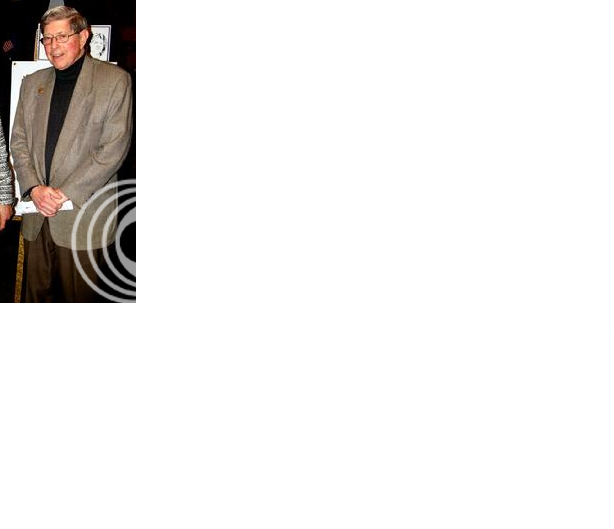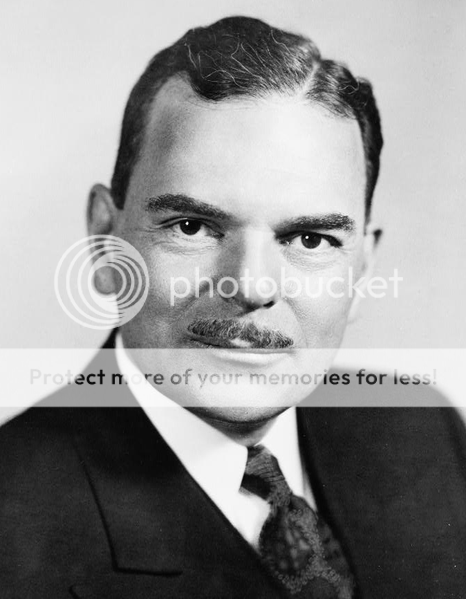Orville_third
Banned
Hooray! Now let's hope they kick the haberdasher out, even if we're winding up in NATO. (BTW, Dewey/LaFollette might just get some small number of votes from Wallace/Taylor.)
Awesome stuff. At least the investigations aren't anything like McCarthy's shit whwere innocent peeople are accused.
I suggest you read the below book to really get an understanding of what McCArthy was like as a person, and how he conducted an investigator.
Blacklisted by History The Untold Story of Senator Joseph McCArthy byStanton M. Evans
In essence the book blows up apart all slander about McCArthy that has emerged over the years. For example, he did not purposefully accuse innocent people of being communists,and he did not run HUAC as a tyrant, but was in fact an intelligent and thoughtful chairman who took much care to prevent the names of suspects from being named publicly.
Wishing you well, his majesty,
The Scandinavian Emperor
I have to say, this is very interesting! The writing flows really well, and all the events seem - especially since you mention you've done research via your thesis on this - eminently plausible. Really look forward to the 1948 Presidential Election
Evans' work is a right-wing apologetic. It has no new or original insights on McCarthy or the Red Scare in government. The fact that the book is almost solely endorsed by Glenn Beck, Ann Coulter, Bob Novak, and other far-right pundits instead of serious scholars is also pretty telling.I suggest you read the below book to really get an understanding of what McCArthy was like as a person, and how he conducted an investigator.
Blacklisted by History The Untold Story of Senator Joseph McCArthy byStanton M. Evans


Nice way of addressing the '48 election; usually you see it done with a lot of turgid detail of campaigning with an obligatory electoral map at the end, but this is way better. Look forward to more.
Cheeky.
It'd be interesting to see how Richard Nixon is getting on, not only out of personal interest, but given that roundabout now in OTL he was engaged in the Alger Hiss trial. What's going on there?
I could see Warren getting the first seat that opens up on the Supreme Court. That was the deal he cut with Eisenhower. That it happened to be the Chief Magistracy was a freak of fate. Warren and Dewey were close enough, after all.
As for the Red Scare; Bill Jenner and Pat McCarran were awfully loud.
I take it Wallace didn't do much? (He's mostly a footnote anyway...though he was a rather close advisor to FDR...)
Bye, Harry!
Keep it coming, Dan!